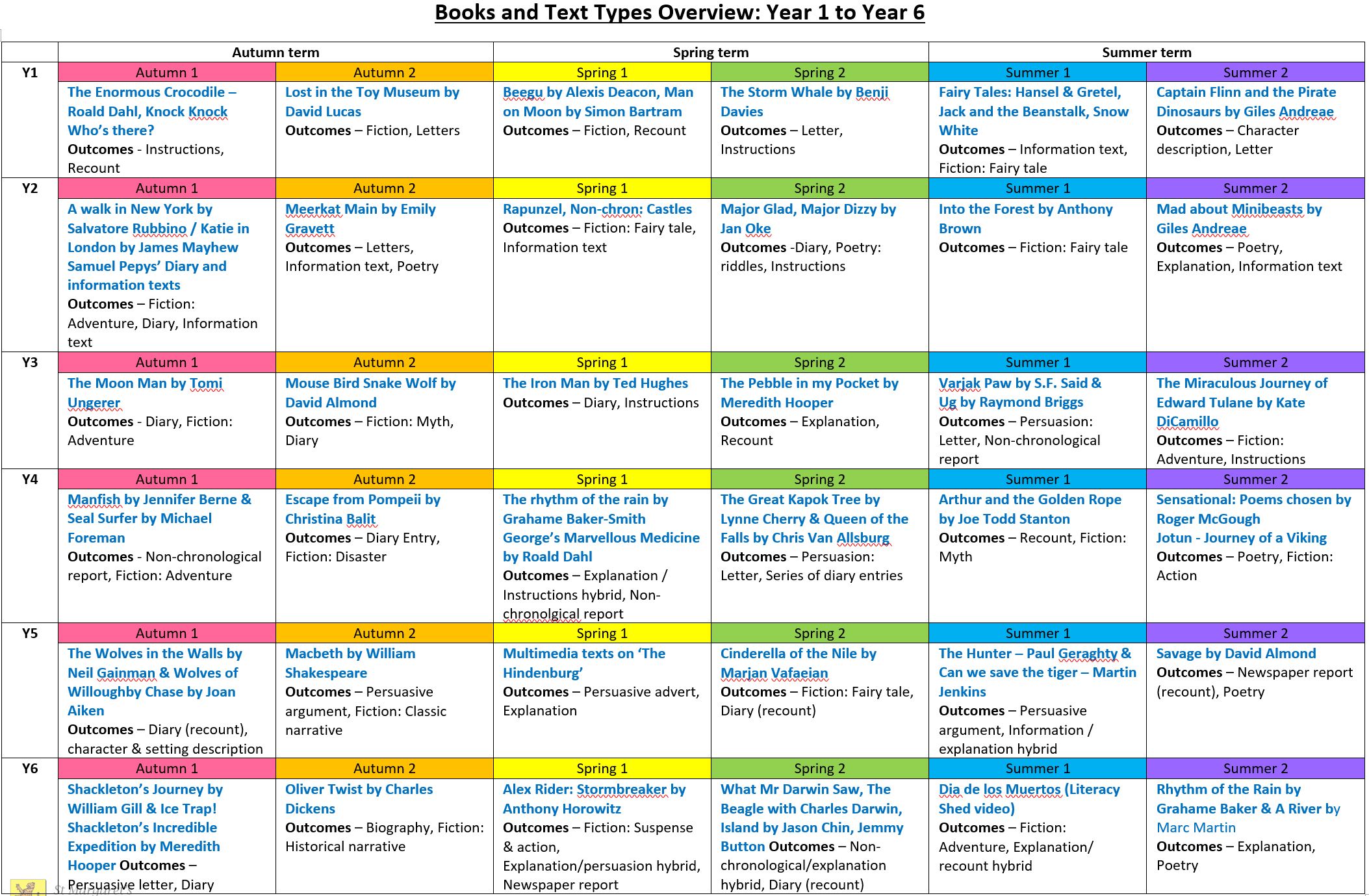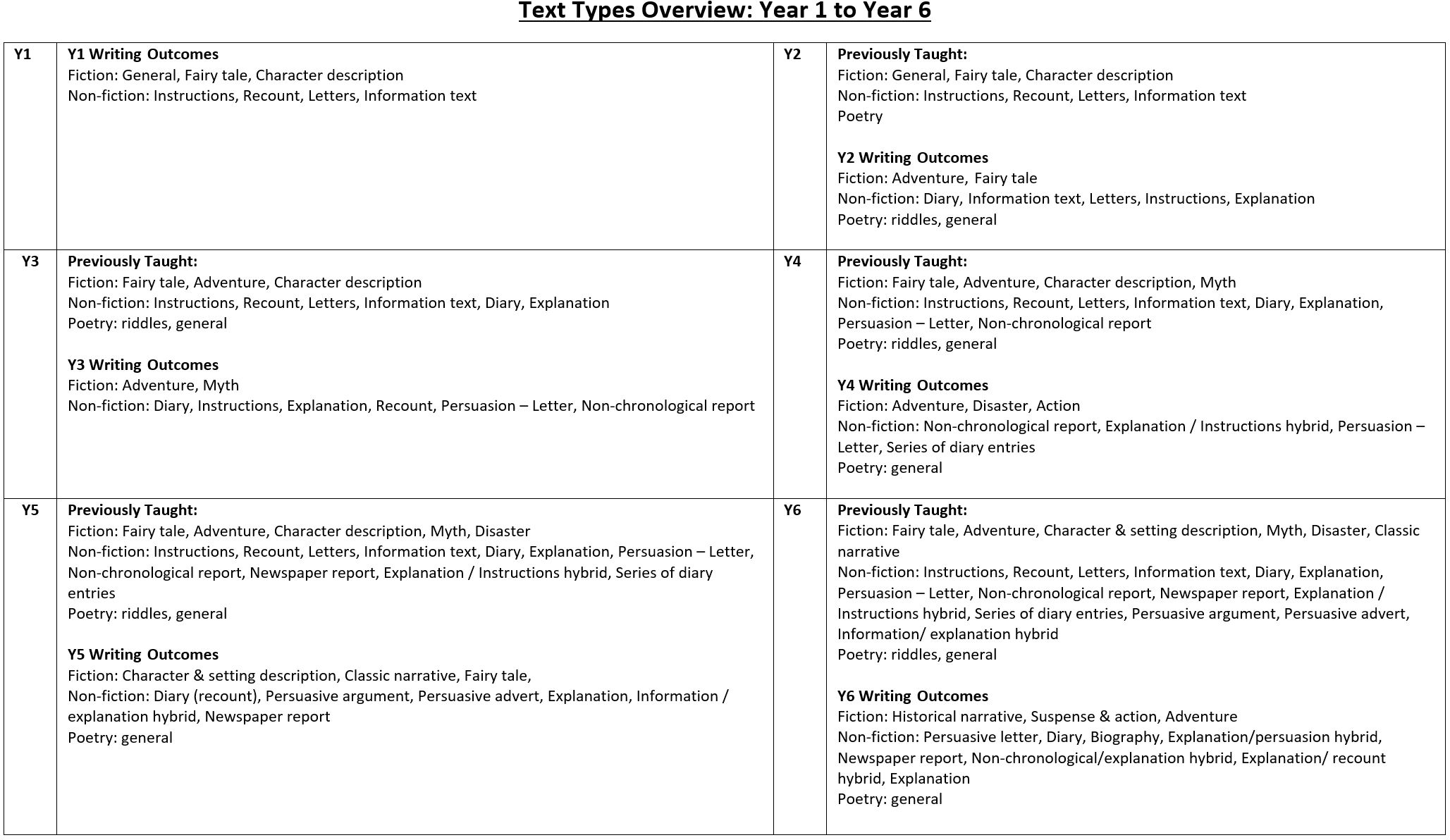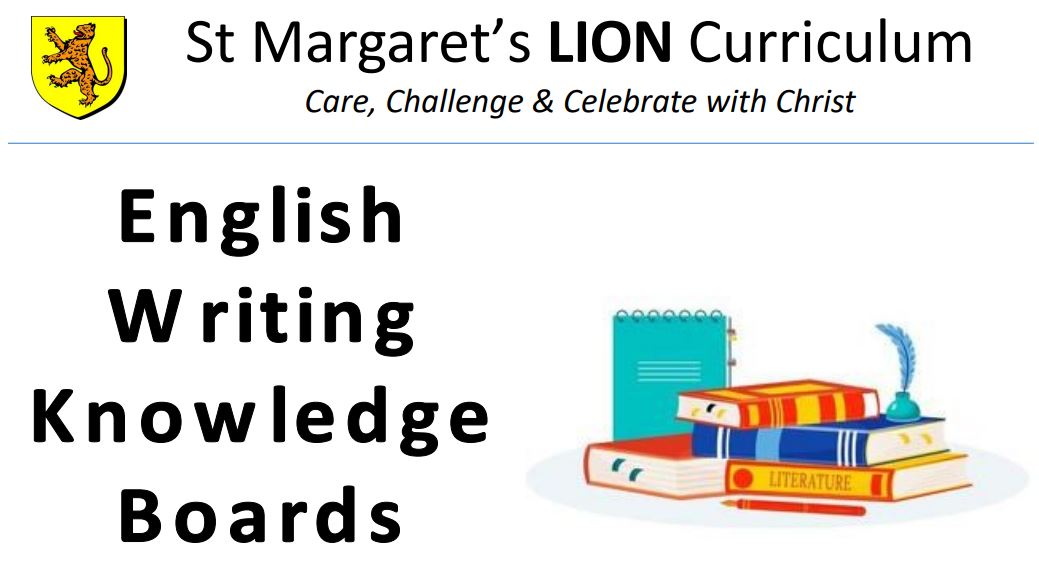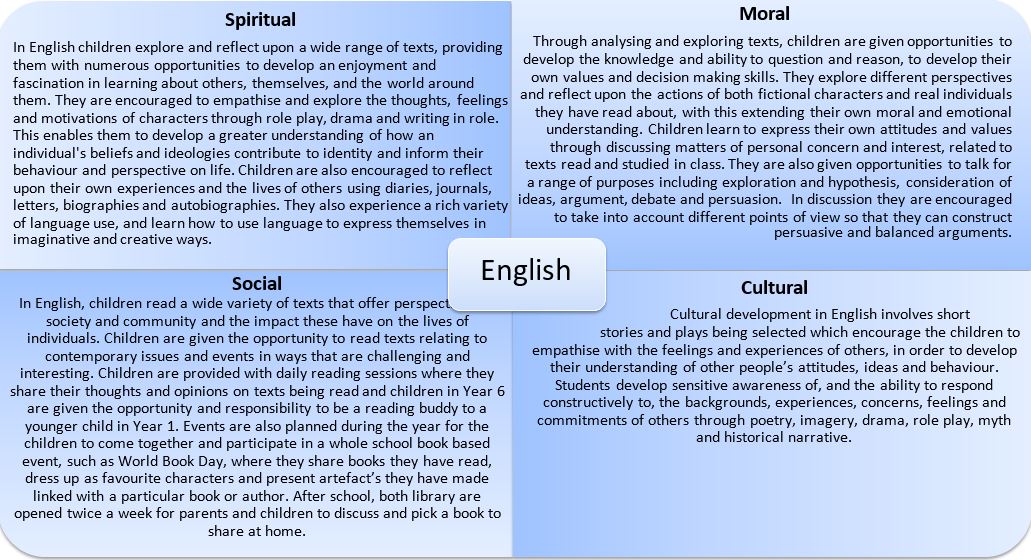English Curriculum
a: Who leads this subject?
English Subject Leader: Adam Lankertis and Chantelle Malhi
Early Reading Champion: Adam Lankertis
Subject team Governor: David Littlewood
Part of the STEM Curriculum Team.
Literacy Consultant: Christine @ Literacy Company
Curriculum Design: Own curriculum based on Pathways to Reading & Writing
Current Curriculum projects: Voice 21
-------------------------------
b. English Curriculum Intent
Developed as part of our Ambition Institute specialist curriculum training:
At St Margaret's, it is our belief that mastery of literacy skills is crucial to a child's progress and success in school. We also recognise the profound impact these skills have on their future options, prospects and happiness, either limiting or enabling them to participate fully in the world around them. In recognition of children's prior experience with language, we have developed a culture that strives to make sure all our children will become highly competent readers and writers, who are able to communicate clearly and confidently using both spoken and written word. With this in mind, our curriculum has been designed to provide all children, including disadvantaged and those with SEND, the knowledge, skills and cultural capital they need to succeed.
-------------------------------
c. English Units (Top Level Coverage)
-------------------------------
d. English Knowledge Boards
Some aspects of our teaching are single subject based but our integrated subject approach ensures that we have the National Curriculum Coverage.
Our knowledge boards have been designed by our curriculum team of experts and secures the coverage and progression through our school.
English Reading Progression Knowledge Boards:
English Writing Progression Knowledge Board:
MUCH MORE INFORMATION ABOUT READING IS AVAILABLE FROM OUR 'READING' WEBPAGE.
-------------------------------
e: Spiritual, Moral, Social and Cultural education in English
f. English National Curriculum Purpose
English has a pre-eminent place in education and in society. A high-quality education in English will teach pupils to speak and write fluently so that they can communicate their ideas and emotions to others, and through their reading and listening, others can communicate with them. Through reading in particular, pupils have a chance to develop culturally, emotionally, intellectually, socially and spiritually. Literature, especially, plays a key role in such development. Reading also enables pupils both to acquire knowledge and to build on what they already know. All the skills of language are essential to participating fully as a member of society; pupils who do not learn to speak, read and write fluently and confidently are effectively disenfranchised.
g. English National Curriculum Aims
The overarching aim for English in the national curriculum is to promote high standards of language and literacy by equipping pupils with a strong command of the spoken and written language, and to develop their love of literature through widespread reading for enjoyment. The national curriculum for English aims to ensure that all pupils:
• read easily, fluently and with good understanding
• develop the habit of reading widely and often, for both pleasure and information
• acquire a wide vocabulary, an understanding of grammar and knowledge of linguistic conventions for reading, writing and spoken language
• appreciate our rich and varied literary heritage
• write clearly, accurately and coherently, adapting their language and style in and for a range of contexts, purposes and audiences
• use discussion in order to learn; they should be able to elaborate and explain clearly their understanding and ideas
• are competent in the arts of speaking and listening, making formal presentations, demonstrating to others and participating in debate










 Tweets by @smceps
Tweets by @smceps